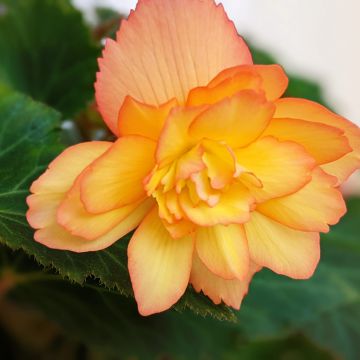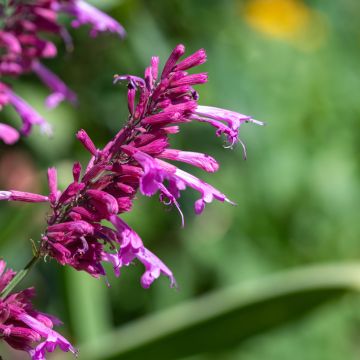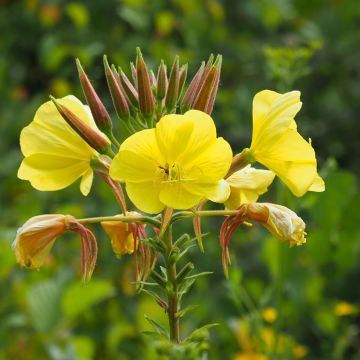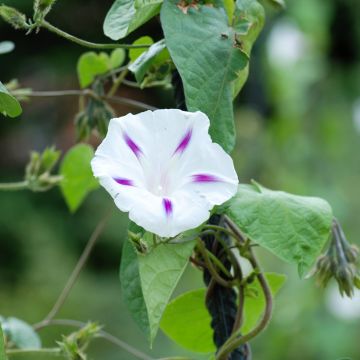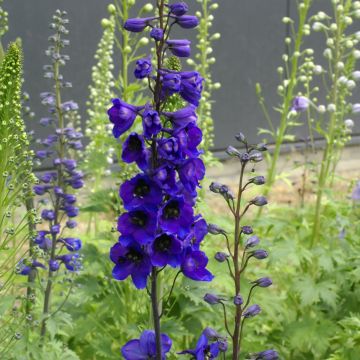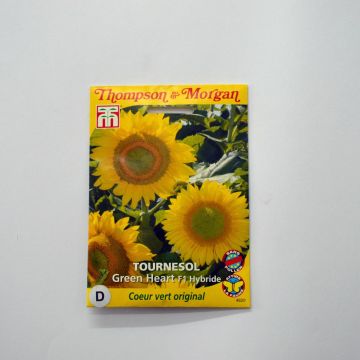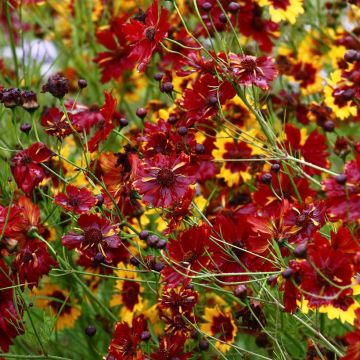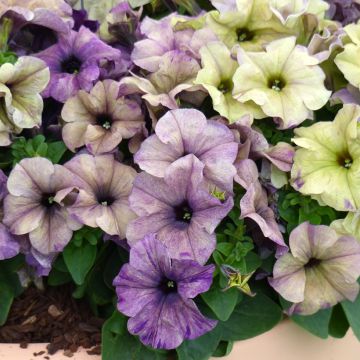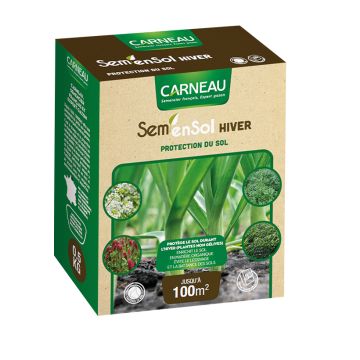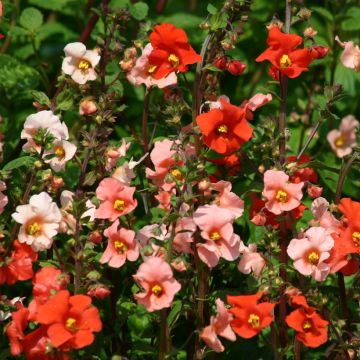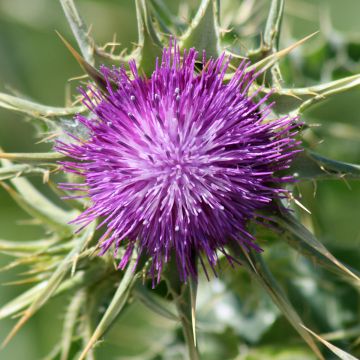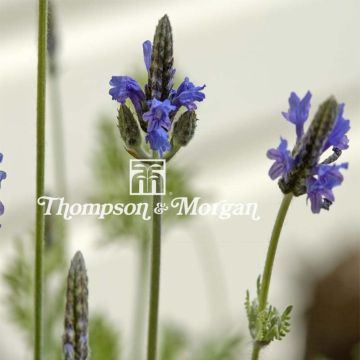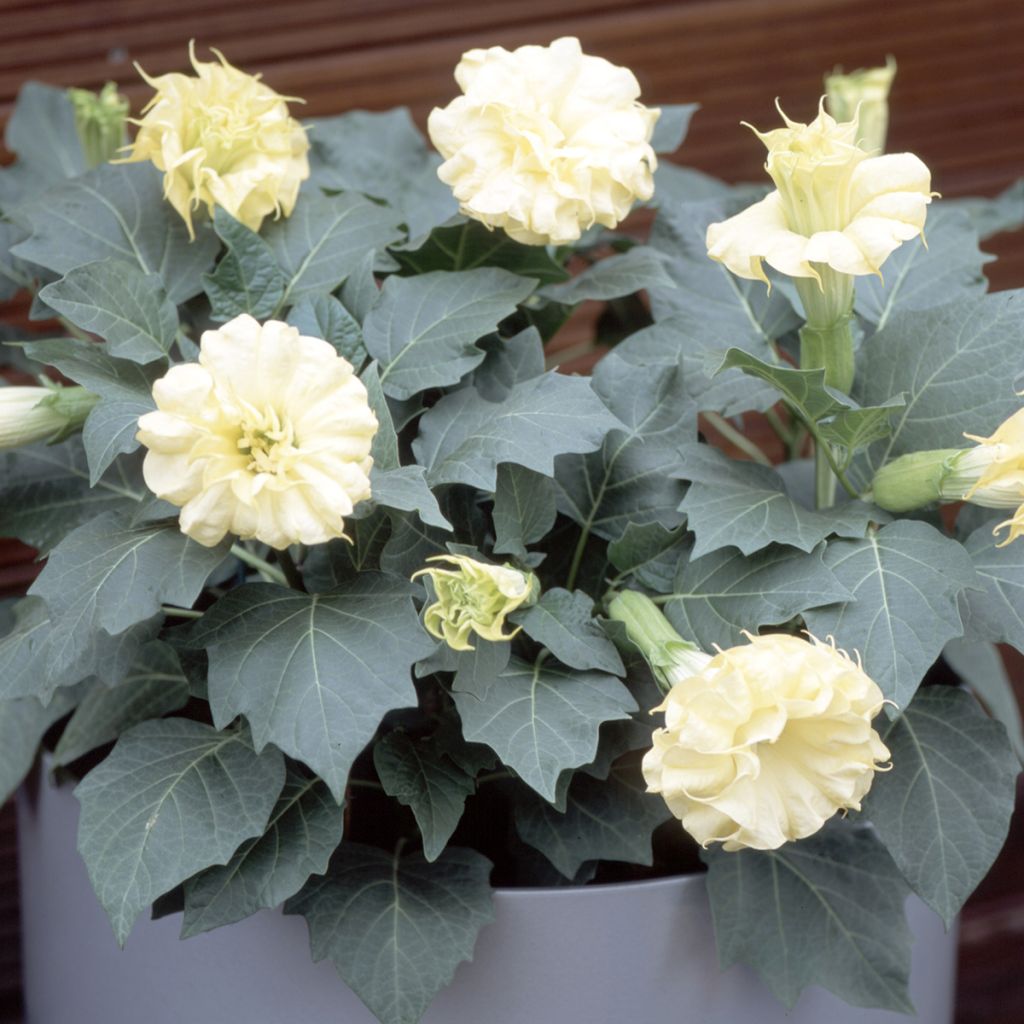

Datura metel Double Golden Queen Seeds - Brugmansia
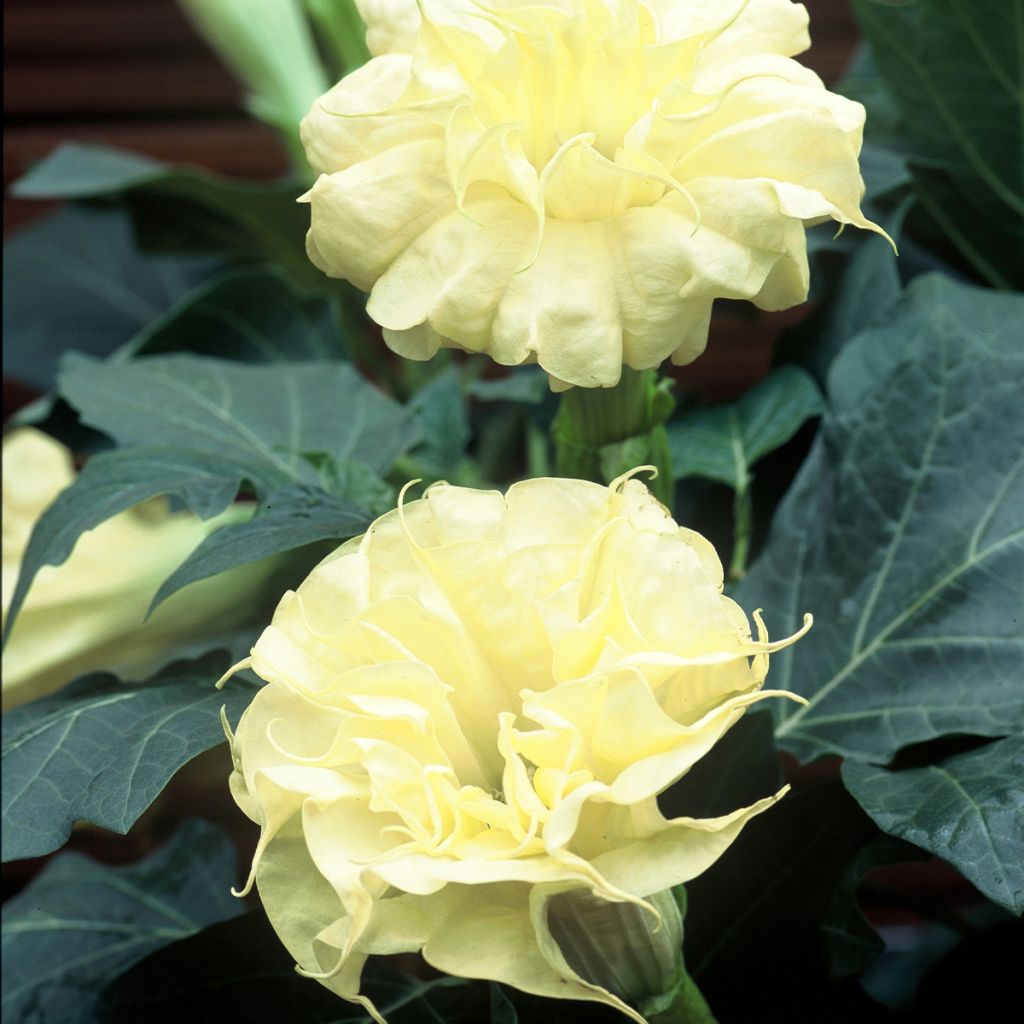

Datura metel Double Golden Queen Seeds - Brugmansia
Datura metel Double Golden Queen Seeds - Brugmansia
Datura meteloides Double Golden Queen
Thornapple, Jimsonweed, Moonflower, Devil's weed, Hell's Bells
This item cannot be shipped to the selected country
Dispatch by letter from €3.90
More information
Schedule delivery date,
and select date in basket
This plant carries a 6 months recovery warranty
More information
We guarantee the quality of our plants for a full growing cycle, and will replace at our expense any plant that fails to recover under normal climatic and planting conditions.
Seed-only orders are dispatched by sealed envelope. The delivery charge for seed-only orders is €3.90.

Does this plant fit my garden?
Set up your Plantfit profile →
Description
Datura metel 'Golden Queen' is a gorgeous, canary yellow, double flowered form of Brugmansia meteloides, a perennial species related to the tall shrub Brugmansia (Angle's Trumpets). It is generally treated an annual in colder regions. However beautiful, Datura is known for its toxicity: all parts of the plant are poisonous to a similar degree as foxgloves, oleander and wolfbane.
There are around fifteen species of Datura or Brugmansia, cultivated for as ornamental plants for flower gardens and terraces. Datura metel belongs to the Solanaceae family, as do tomatoes, tobacco and potatoes. It has many common names including thornapple, jimsonweed, moonflower, devil's weed and hell's bells. Its origins are a little unclear, probably Central America. It has been cultivated for a very long time in southern China, later spreading to the rest of Asia and eventually to Europe. The drought resistant plants occur naturally on wasteland and roadsides. Datura meteloides 'Double Golden Queen' is a superb cultivar with large, frilled, double yellow flowers. This tender perennial forms a tuberous root that dreads waterlogged soils and frosts. However, it is fast-growing and can easily be grown as an annual plant in colder climates. In the space of 4 to 5 months, it forms a bushy clump forms, growing to a height and spread of 50 cm to over 1 m. The stems are branched, often tinged with purplish or blackish red. They carry whole, elliptical to largely oval, asymmetrical leaves, 5 to 20 cm long and 4 to 15 cm wide. They are a very dark shade of green. The flowering period occurs in summer, from July to October, approximately 4 months after sowing. The flowers are solitary and erect, consisting in a tubular calyx prolonged by a double corolla. The whole flower measures 8 to 20 cm long and gives off a pleasant scent during the daytime and evening, attracting many foraging insects. The flowers are followed by globular fruits of 3-4 cm in diameter, covered with short thorns.
Datura is perfect for growing in pots on the patio or in the veranda, along paths or next to the front door, gracing the evening air with its lovely scent. In milder climates, it can be grown as a perennial, protected from winter frosts under a thick layer of mulch.
Report an error about the product description
Flowering
Foliage
Plant habit
Safety measures
Botanical data
Datura
meteloides
Double Golden Queen
Solanaceae
Thornapple, Jimsonweed, Moonflower, Devil's weed, Hell's Bells
Cultivar or hybrid
ingestion
Cette plante est toxique si elle est ingérée volontairement ou involontairement.
Ne la plantez pas là où de jeunes enfants peuvent évoluer, et lavez-vous les mains après l'avoir manipulée.
Pensez à conserver l'étiquette de la plante, à la photographier ou à noter son nom, afin de faciliter le travail des professionnels de santé.
Davantage d'informations sur https://plantes-risque.info
Other Thompson and Morgan seeds
Planting and care
Before sowing, soak your Datura seeds in a bowl of lukewarm water for 24 hours. Sow in February-March in moist soil, leaving about 5 cm between each seed. Cover and lightly firm down the soil. Maintain at a temperature of 15 to 20°C. Germination generally takes between 21 and 60 days. Transplant the young seedlings into pots when they have reached a height of about 10 cm. Water regularly, making sure not to leave any standing water in the saucers.
Sowing period
Intended location
-
, onOrder confirmed
Reply from on Promesse de fleurs
Flower seeds
Haven't found what you were looking for?
Hardiness is the lowest winter temperature a plant can endure without suffering serious damage or even dying. However, hardiness is affected by location (a sheltered area, such as a patio), protection (winter cover) and soil type (hardiness is improved by well-drained soil).

Photo Sharing Terms & Conditions
In order to encourage gardeners to interact and share their experiences, Promesse de fleurs offers various media enabling content to be uploaded onto its Site - in particular via the ‘Photo sharing’ module.
The User agrees to refrain from:
- Posting any content that is illegal, prejudicial, insulting, racist, inciteful to hatred, revisionist, contrary to public decency, that infringes on privacy or on the privacy rights of third parties, in particular the publicity rights of persons and goods, intellectual property rights, or the right to privacy.
- Submitting content on behalf of a third party;
- Impersonate the identity of a third party and/or publish any personal information about a third party;
In general, the User undertakes to refrain from any unethical behaviour.
All Content (in particular text, comments, files, images, photos, videos, creative works, etc.), which may be subject to property or intellectual property rights, image or other private rights, shall remain the property of the User, subject to the limited rights granted by the terms of the licence granted by Promesse de fleurs as stated below. Users are at liberty to publish or not to publish such Content on the Site, notably via the ‘Photo Sharing’ facility, and accept that this Content shall be made public and freely accessible, notably on the Internet.
Users further acknowledge, undertake to have ,and guarantee that they hold all necessary rights and permissions to publish such material on the Site, in particular with regard to the legislation in force pertaining to any privacy, property, intellectual property, image, or contractual rights, or rights of any other nature. By publishing such Content on the Site, Users acknowledge accepting full liability as publishers of the Content within the meaning of the law, and grant Promesse de fleurs, free of charge, an inclusive, worldwide licence for the said Content for the entire duration of its publication, including all reproduction, representation, up/downloading, displaying, performing, transmission, and storage rights.
Users also grant permission for their name to be linked to the Content and accept that this link may not always be made available.
By engaging in posting material, Users consent to their Content becoming automatically accessible on the Internet, in particular on other sites and/or blogs and/or web pages of the Promesse de fleurs site, including in particular social pages and the Promesse de fleurs catalogue.
Users may secure the removal of entrusted content free of charge by issuing a simple request via our contact form.
The flowering period indicated on our website applies to countries and regions located in USDA zone 8 (France, the United Kingdom, Ireland, the Netherlands, etc.)
It will vary according to where you live:
- In zones 9 to 10 (Italy, Spain, Greece, etc.), flowering will occur about 2 to 4 weeks earlier.
- In zones 6 to 7 (Germany, Poland, Slovenia, and lower mountainous regions), flowering will be delayed by 2 to 3 weeks.
- In zone 5 (Central Europe, Scandinavia), blooming will be delayed by 3 to 5 weeks.
In temperate climates, pruning of spring-flowering shrubs (forsythia, spireas, etc.) should be done just after flowering.
Pruning of summer-flowering shrubs (Indian Lilac, Perovskia, etc.) can be done in winter or spring.
In cold regions as well as with frost-sensitive plants, avoid pruning too early when severe frosts may still occur.
The planting period indicated on our website applies to countries and regions located in USDA zone 8 (France, United Kingdom, Ireland, Netherlands).
It will vary according to where you live:
- In Mediterranean zones (Marseille, Madrid, Milan, etc.), autumn and winter are the best planting periods.
- In continental zones (Strasbourg, Munich, Vienna, etc.), delay planting by 2 to 3 weeks in spring and bring it forward by 2 to 4 weeks in autumn.
- In mountainous regions (the Alps, Pyrenees, Carpathians, etc.), it is best to plant in late spring (May-June) or late summer (August-September).
The harvesting period indicated on our website applies to countries and regions in USDA zone 8 (France, England, Ireland, the Netherlands).
In colder areas (Scandinavia, Poland, Austria...) fruit and vegetable harvests are likely to be delayed by 3-4 weeks.
In warmer areas (Italy, Spain, Greece, etc.), harvesting will probably take place earlier, depending on weather conditions.
The sowing periods indicated on our website apply to countries and regions within USDA Zone 8 (France, UK, Ireland, Netherlands).
In colder areas (Scandinavia, Poland, Austria...), delay any outdoor sowing by 3-4 weeks, or sow under glass.
In warmer climes (Italy, Spain, Greece, etc.), bring outdoor sowing forward by a few weeks.

































